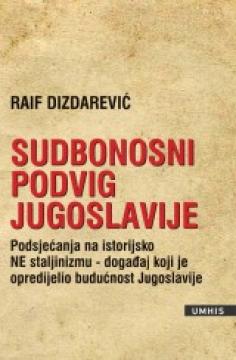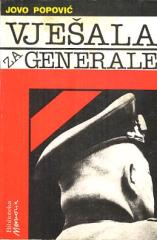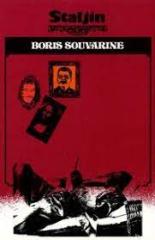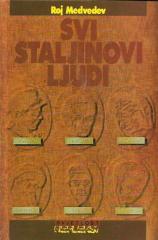
Sudbonosni podvig Jugoslavije: Podsjećanje na historijsko NE staljinizmu, događaj koji je opredijelio budućnost Jugoslavije
The book by Raif Dizdarević, one of the last living actors of Yugoslav diplomacy, presents his reconstruction of the most fateful moment of post-war Yugoslavia – the split with Stalin and the Informburo in 1948–1953.
The author describes in detail the genesis of the conflict: from the first disagreements in 1945–1947 (military aid, Balkan Federation, Trieste Question) to the final letter of the Central Committee of the Communist Party of Yugoslavia of March 27, 1948, and the Resolution of the Inform Bureau (June 28, 1948). He particularly emphasizes the internal struggle within the leadership of the Communist Party of Yugoslavia: how Tito, along with Kardelj, Đilas, and Ranković, decided not to submit to Stalin, even though the USSR was the liberator and main support.
The central part of the book consists of the dramatic events of 1948–1949:
- massive pressure from the Eastern Bloc (economic blockade, withdrawal of experts, border incidents)
- arrests and trials of Ibe members (Dizdarević provides new data on the number of victims and torture on Goli Otok)
- secret negotiations with the Americans and British (first contacts through Robert Joyce and the Yugoslav embassy in London)
- emergence of the "Third Way" doctrine and the Law on Self-Management (1950) as a response to Soviet statism
Dizdarević argues that Stalin's "NO" was crucial for the survival of Yugoslavia: without this act, the country would have become a Soviet province like Hungary or Bulgaria. The book ends with the assessment that this feat enabled non-alignment and relative freedom, but also created a lasting trauma of repression against its own citizens.
The personal tone, previously unpublished documents and testimonies make the book the most complete domestic account of that period after Đilas and Dedier's memoirs.
One copy is available





